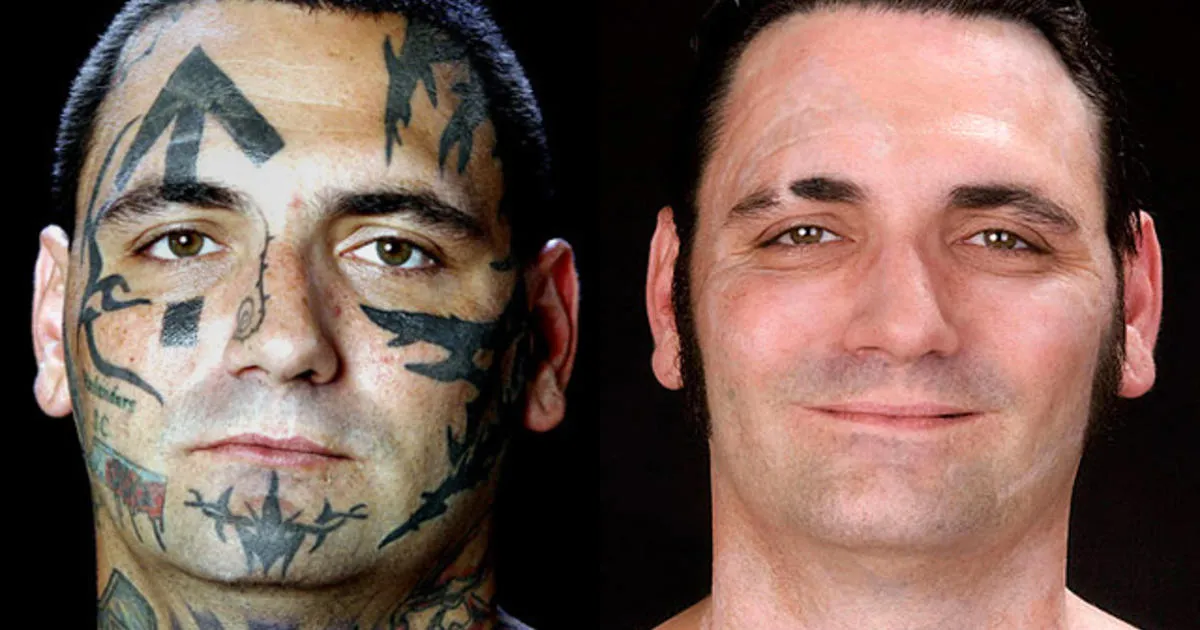
I guess I need to say it flat out that one of the most dangerous places that culture can go is precisely where we're headed -- a place when the refusal to accept an apology becomes a measure of moral virtue.
A little more than a decade ago a story emerged about a young man who was raised in a neo-Nazi family. He was taught from the cradle that he was a member of the master race and that everybody who looked different than him was basically a leech. He believed it to the point that he literally blanketed his face with tattoos of Nazi symbols. Still, he realized that he was wrong and asked for help to get his facial tattoos removed. A donor gave him the money for the agonizing procedures with assurances that he would go back to school and that he was truly reformed.
My girlfriend at the time was an outspoken socialist. I was already a libertarian. We clashed on just about everything when it came to philosophy and politics; but, we both agreed that this was a great story. We managed to lose a Nazi without killing anybody and he was making the effort to put that past behind him with the help of people who were willing to forgive.
I don't see that story happening today. I can barely imagine it happening today. My experience with my girlfriend back when this story broke shows that being against forgiveness isn't an inherent glitch of leftist ideology. Still, the cancel mobs of today are mostly hard to the left.
To err is to be human. Everybody reading this has both owed an apology and been owed an apology at some point. To deny that you've never done something bad to someone and felt genuine remorse is simply a lie. So, if you won't accept apologies, you're just an asshole.
Yeah, apologies should be genuine. Still, I do think that we should assume the best in most cases.
The problem with this virtue signalling culture is that there's no coherent position regarding where and when a proper amount of contrition has been reached; so, in the aforementioned story, if it happened today, maybe my girlfriend and I wouldn't have been accused of being Nazis for celebrating that that happened but we would definitely have been attacked for being too comfortable with Nazis. So, the whole framework leads to a conclusion that the last person to forgive is the most virtuous.
That's a condemnable framework. Regardless of your religious beliefs, possibly the most important component of the example of Jesus is forgiveness. He didn't even require an apology before be begged for his oppressors and murderers to be forgiven.
We can't all be expected to forgive our executors while they're killing us; but, I think it's clearly a better sign of moral virtue that you're willing to forgive than it is to deny forgiveness indefinitely.